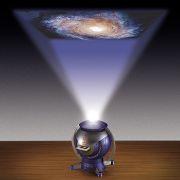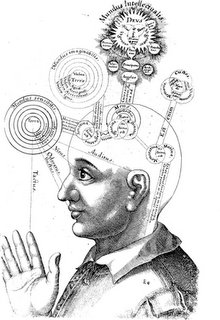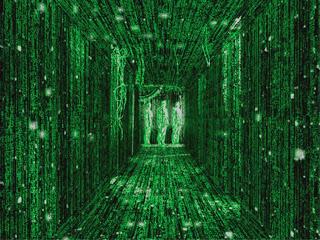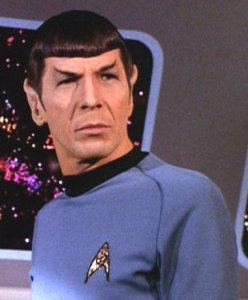
Space is not an empirical concept which has been derived from outer experiences. For in order that certain sensations be referred to something outside me (that is, to something in another region of space from that in which I find myself), and similarly in order that I may be able to represent them as outside and alongside one another, and accordingly as not only different but as in different places, the representation of space must already underlie them [dazu muß die Vorstellung des Raumes schon zum Grunde liegen]. Therefore, the representation of space cannot be obtained through experience from the relations of outer appearance; this outer experience is itself possible at all only through that representation. Immanuel Kant
Kant more often than not can be a very difficult Philosopher to understand- however beneath the voluminous layers of concepts, categories and suppositions one can at times discern a few threads of gold. Kant's above point is so obvious that it doesn't seem necessary to state it once more, yet, how often does a person fail to register the simple ontological fact that simply everything we perceive while we live and breath every moment is in space, there is absolutely nothing that is not in space in some form. The whole Cosmos is in space, the World and all the people you've ever known were or are still indeed in space, the Mona Lisa is in space, Beck is in space, yesterday, today and tomorrow are in space, yet when I sleep each night, my mind returns for the first time to a place which is not purely in space, instead my consciousness comes to inhabits a representation of a particular or unique type of unconditioned space, called the imagination, the place of dreams, of stories, of profundity and banalities, a realm strictly outside of space and time as we know them. It seems often that this unconditioned non-physical representation of the world seems to exist like vacuum that is filled up every night with all the unregistered notes that we must consciousness encounter everyday of our lives. 
However what's really unorthodox about Kant's ideas on space and time is that he believed both were pure constructs or intuitions of our minds, and, that outside of our privileged singular first person view of reality regarding everyday experiences, there really is no space or time, and that it's our consciousness that imposes this sense of order upon everything we perceive in the world. Kant's view has oddly enough found more and more support over the years, with people like David Deutsch and Roger Penrose generally accepting this state of affairs, which means that as sentient beings who go about our lives everyday in the world, that we rather oddly move through this world without ever really experiencing as it really exists. We literally have no idea or comprehensive of what reality really when it is in a state that is not mediated through some class of conscious being. 
In the movie, The Matrix, a form of this approximation is played out, however, even here the blue-print of actual reality exists "off-line" in a form situated within a form of space-time manipulated by humanity's evil controllers. But Kant is even more radical than this- what he says is not there is literally no such thing as space or time apart from what our consciousness imposes on reality, a reality which conversely is entirely dependent upon us for its sense and order of reality. It seems that our minds grasp reality as a holographic image that has its foundations elsewhere- reality seems to be pure act of imagination that has no independent existence apart from us, or some class of conscious beings who impose the holographic blue-print, including space and time to everything they perceive. It's a strange and difficult thought experiment to imagine nevertheless a world or a state of existence that is not situated in space and time, only I suspect because these two conditions are the very hallmarks of consciousness itself- even when we sleep yet again the next morning, miraculously, we find our unique unitary self intact again because of the connection between consciousness, time and space, even if in reality do don't actually exist! If such a scenario is indeed true then it would also imply that we will always be ignorant of reality in its ultimate state, but also, it means that in an ultimate sense that we were never really born, that we never really lived, and that we'll never really die- all is but mere appearances- the imagination as William Blake intimated in many of his works- is infinite- but perhaps we should say, not beyond the confines of space and time- as transcending these two conditions would be indeed tantamount to transcending (or ending) of one's own self- the true existential end-point. 
Memorably in one of the Star Trek movies, the ultra Logician Spock quibbles profusely with Bones about the lyrics of the song "Row, Row your boat merrily down the stream....merrily, merrily, merrily, life is but a Dream!" His Vulcan intellect could not comprehend the notion of reality being a dream, however, that's in reality what it may be, if we understand Kant's very modern Holographic image of reality.
Philosophy Magazine
Author's Latest Articles
-
A Tidbit on Existentialist Theologian Paul Tillich
-
3 3 3
-
On Genuine Perfection
-
The Disorder of Defiance

